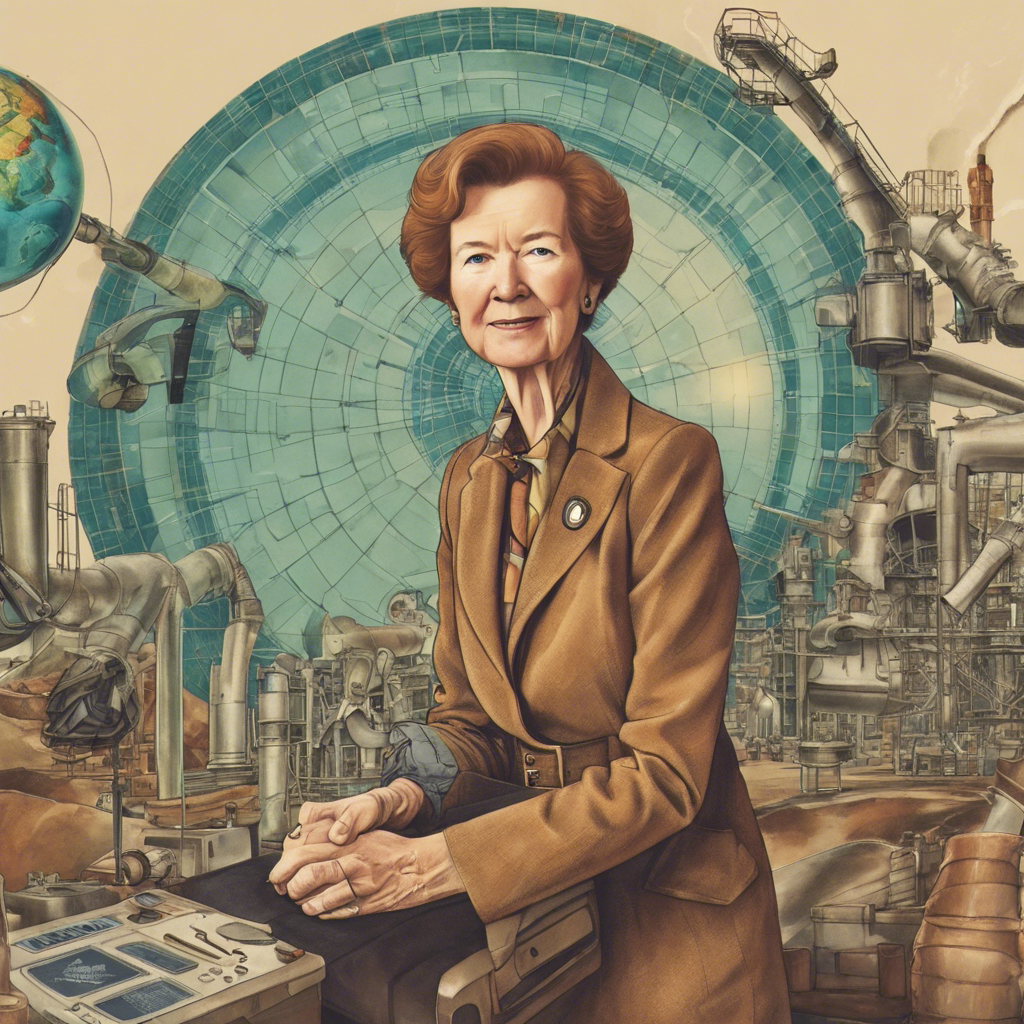The Diverging Paths of China and the United States: A Call for Collaboration

Declining research collaborations between China and the United States raise concerns about the future of global scientific progress.
Research collaborations between China and the United States, once flourishing, are now on a downward trajectory. The number of research articles co-authored by scientists from both countries has dropped, signaling a concerning trend. While China strengthens its science links with low- and middle-income countries as part of its Belt and Road Initiative, collaboration with Western countries, particularly the United States, is waning. This shift towards parallel scientific systems could hinder progress in addressing global challenges. The research community must recognize this issue and work towards avoiding the creation of competing systems.
The Decline in Collaboration:
Various factors contribute to the decline in collaboration between China and the West. The COVID-19 pandemic and travel restrictions have limited existing collaborations and hindered the formation of new ones. Geopolitical tensions have also led Western governments to restrict research partnerships with China, citing national security concerns. Additionally, changing publication trends among Chinese researchers play a role in the decline. Economist Richard Freeman and intellectual-property researcher Qingnan Xie found that US-China collaborations as a proportion of all publications from China fell significantly between 2017 and 2022. China’s researchers are now incentivized to focus on publishing in China-based journals rather than collaborating or publishing internationally.
The Danger of Divergence:
While China’s scientific prowess is undeniable, the danger lies in the potential divergence of the international research ecosystem. The centuries-old shared understanding of how knowledge is created and improved through global collaboration could be at risk. The split into two parallel systems could hinder progress in addressing global challenges, such as climate change and poverty eradication, which are embodied in the United Nations Sustainable Development Goals (SDGs).
Signs of Rekindled Dialogue:
Amidst the concerning decline in collaboration, there are signs of hope. The recent meeting between US President Joe Biden and Chinese President Xi Jinping in California suggests a constructive approach to relations is returning. The state of California signed a groundbreaking agreement with China to deepen collaboration on climate research and policy, setting an example for others to follow. China has also been seeking closer ties with Europe, with officials touring the continent to improve relations.
The Call for Collaboration:
In a world facing a “new uncertainty complex,” research plays a crucial role in finding solutions. Both China and the United States must recognize the importance of shared initiatives, such as the SDGs, and work towards building collaborative efforts. The parallel paths of these two scientific powerhouses need to converge to ensure the progress of humanity. It is imperative for the research community to be aware of the potential consequences of diverging systems and actively work towards fostering collaboration and knowledge exchange.
Conclusion:
The decline in research collaborations between China and the United States raises concerns about the future of global scientific progress. As China strengthens its ties with low- and middle-income countries, collaboration with Western countries is diminishing. This parallel scientific system could hinder progress in addressing global challenges outlined in the SDGs. However, recent developments, such as the meeting between Biden and Xi and California’s agreement with China, offer hope for rekindled dialogue. It is crucial for both China and the United States to recognize the importance of collaboration and work towards converging their paths to ensure the advancement of scientific knowledge and solutions for the benefit of humanity.










